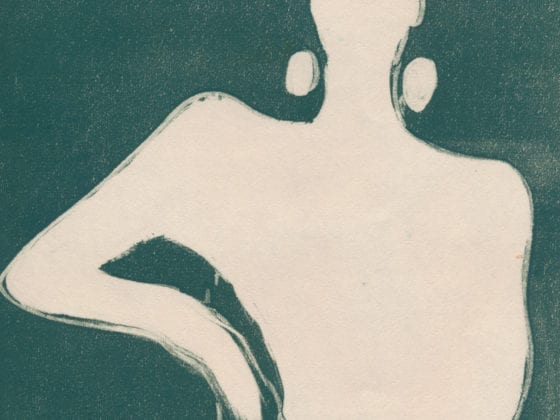American culture glorifies work and the “side hustle” culture. At a bachelorette party last year, a fellow attendee from New Zealand shared that her employer had given her six weeks off to make the trip to the U.S. for our friend’s wedding. The Americans in the room were incredulous.
“Six weeks?! At one time?”
We bemoaned our sleep deprivation and mounting deadlines. It seemed that we were proud of our less-than-ideal work-life balance, though each of us most likely could have used an extended vacation.
Stress is not so glamorous. The downside of unrelenting stress and an unhealthy work-life balance are painfully evident in our most vulnerable moments. Two months ago, my husband lost his mother. Less than a week after her death, his boss emailed, “Are you back and ready to re-engage?”
Not everyone has the luxury of taking breaks from work. For those who work hourly jobs with no benefits, work multiple jobs to make ends meet or care for children, the elderly or an ill individual, taking a day off (let alone a full vacation) may not be feasible.
Here’s why breaks, even short ones, are critical to our mental and physical health:
You Are Not Your Job
The first question asked in social settings is often, “What do you do?” We answer: “I’m a writer.” “I’m a consultant.” “I’m a doctor.” “I’m a stay-at-home parent,” as if our job titles signal our inherent worth and identities.
Although recent studies found that Americans work, on average, 200 hours less a year than in previous decades, “workism” is still on the rise. As religious participation, for example, has declined, work has become the most defining aspect of people’s lives, shaping not only their days but also their sense of self. It is estimated that 50% of the millennial generation strives to work excessively, trading “work-life balance” for “work-life blending.”
Taking evenings, weekends or vacations offers us time to reflect on who we are separate from what we do. We are human beings not human doings. Breaks offer us pockets of time to explore what we love beyond our professions, perhaps finding unexpected sources of inspiration, fulfillment and self-worth.
We are human beings not human doings.
Burnout is Real
With “work-life blending” quickly becoming the norm, it is no surprise that burnout is also on the rise in the United States and globally. In 2019, the World Health Organization declared burnout an “occupational phenomenon.”
The Mayo Clinic reports that “job burnout is a special type of work-related stress—a state of physical or emotional exhaustion that also involves a reduced sense of accomplishment and loss of personal identity.” Burnout is related to mental health conditions, like anxiety or depression, and physical conditions, including but not limited to, high blood pressure, type 2 diabetes and substance abuse.
While one long weekend away or even a few vacations a year may not eradicate burnout entirely, vacations or time away can help us refocus and implement better practices upon our return. According to the American Heart Association, one of the best ways to spend your time on vacation to reduce burnout and stress is by going outside.
How to Take Better Breaks
Taking breaks from work, including short breaks during the workday, increases productivity. Being busy, overwhelmed or constantly stressed is not good for our brains. In order to be more productive, innovative and creative, we have to rest our brains. In order for a break to be effective, however, the break—whether long or short —must be conscious. Even slightly longer lunch breaks have proven benefits.
Time in nature and mindfulness exercises are two proven ways to increase wellbeing and undo the toxic effects of burnout. Some experts suggest “working in sprints” by scheduling in 17-minute breaks after less than an hour of work throughout the day. Eating, exercising and “daydreaming” are all strategies for making work breaks feel truly restorative.
Eating, exercising and “daydreaming” are all strategies for making work breaks feel truly restorative.
I finished this article hunched over my laptop and over-caffeinated on a weekend. My husband walked into the room and said, “So you’re writing an article about taking breaks from work, while actively not taking a break from work?” We both laughed at the irony.
Taking breaks from work is not a perfect process in our modern world. The pandemic has reshaped nearly every aspect of life. Many of us are working from home or working overtime. In this time, which looks so vastly different from previous years, we must understand why breaks, boundaries and rest are important and, as much as possible, prioritize our mental and physical health.
Do you struggle to take breaks from work? What is one fun thing you can add to your schedule to make time for rest this week?
Image via We Are the Rhoads, Darling Issue No. 11











